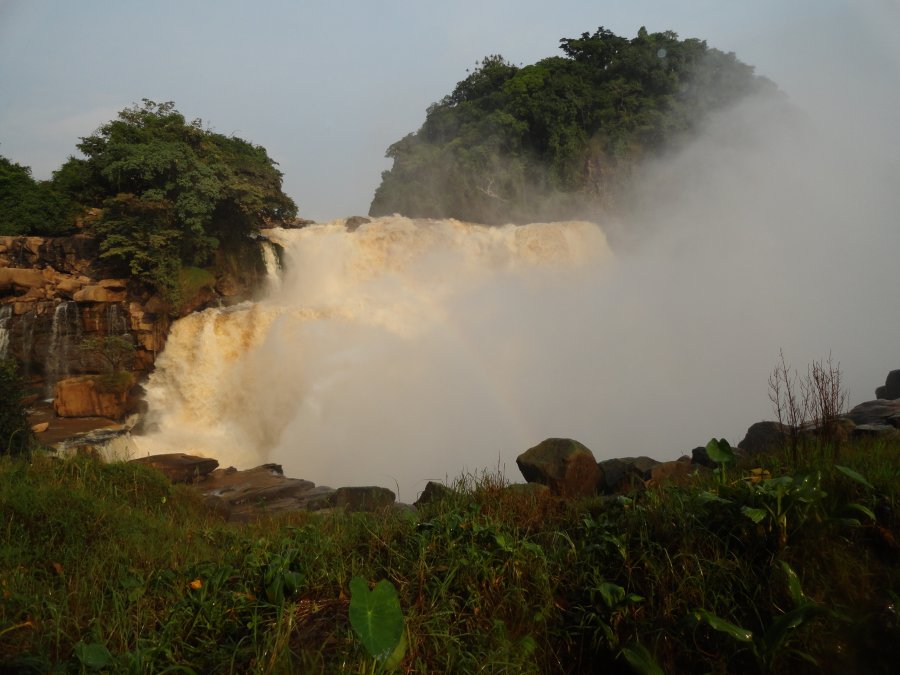Congo revamps Inga hydro project in bid to make it economical

KINSHASA, July 12 (Reuters) – Democratic Republic of Congo has decided to more than double the size of its planned Inga 3 hydroelectric plant to make it more economical, after the $14 billion project was hit by financing problems.
Inga 3 is part of a $50 billion-$80 billion project to expand hydroelectric dams along the Congo River, but the project has repeatedly been delayed by red tape and disagreements between Congo and its partners on the project.
A consortium led by China Three Gorges Corporation and another consortium that includes Spain’s ACS (Actividades de Construccion y Servicios SA) have been vying to develop the project. They will now submit a joint bid on the expanded project in September, the project’s director said on Wednesday.
Bruno Kapandji, director of the Agency for the Development and Promotion of the Grand Inga Project, said the plant would be built to produce between 10,000 and 12,000 megawatts of power, more than double the originally planned capacity of 4,800 MW.
Increased capacity would help meet rising power demand and bring down costs, he said, although he did not say how much the expanded project would cost.
“The Chinese consortium, the Spanish-led ProInga consortium and civil society groups all seemed to agree that the 4.8 GW plan wouldn’t be economically feasible. So the ProInga team came up with a radically different design,” said Elisabeth Caesens, an Open Society Fellow researching hydro power in Congo.
The original $14 billion project struggled to attract financing and the World Bank last year suspended funding after the president’s office took control of the project, raising transparency concerns at the Bank.
The plant is projected to provide power for South Africa as well as mines and other consumers in Congo.
However, campaign group International Rivers said last month that Inga 3 would incur massive debts and that the plant would deliver little to no electricity to consumers inside Congo because of transmission losses and because production would not meet its target.
(Reporting By Aaron Ross; Editing by Nellie Peyton and Susan Fenton)
{{ commodity.name }}
{{ post.title }}
{{ post.date }}




Comments